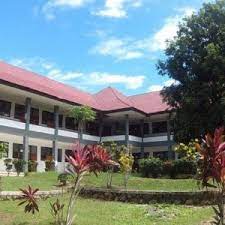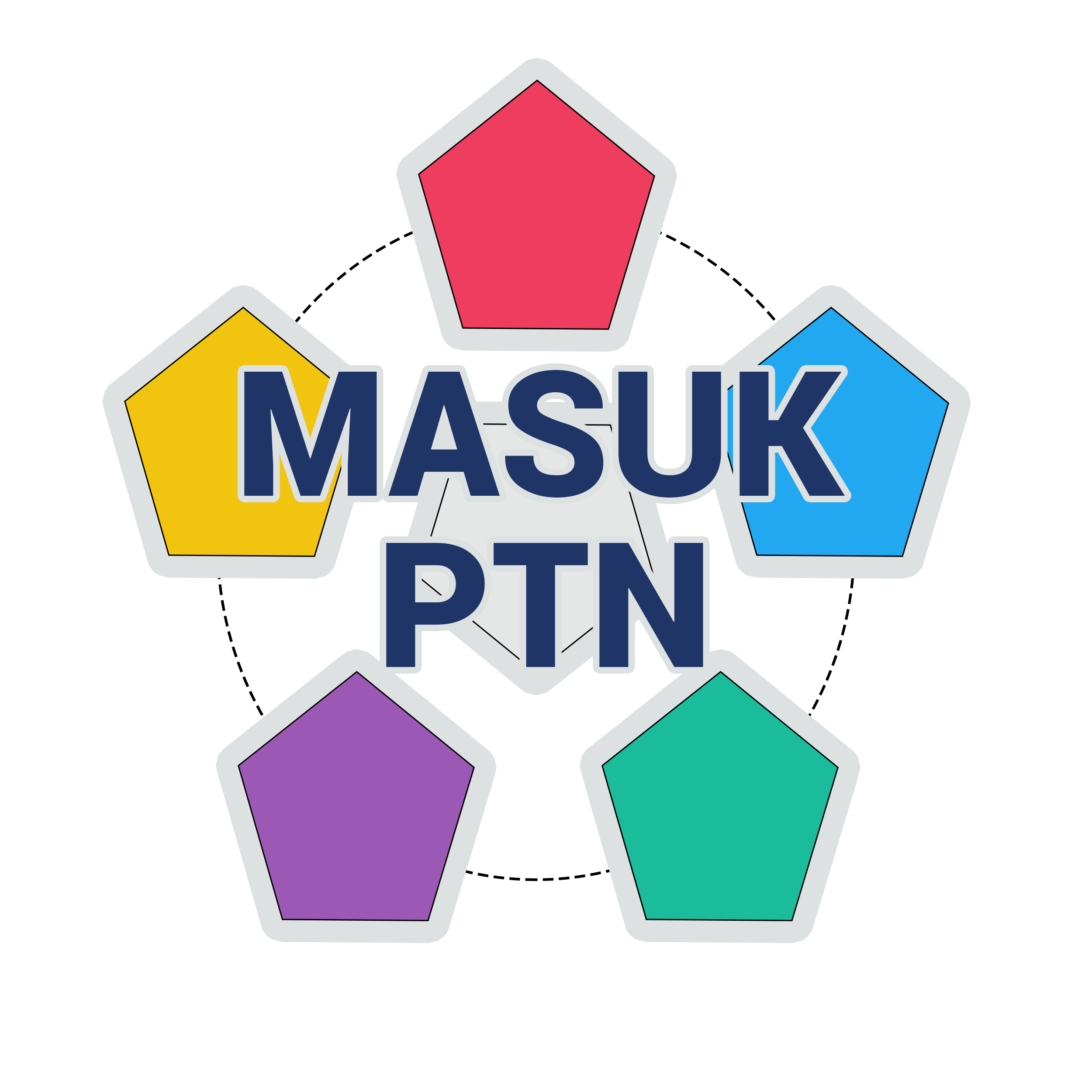SEJARAH
PROGRAM STUDI
VISION
The vision of the faculty of cultural sciences is to become a faculty that is advanced, dignified, academically cultured and comprehensively intelligent and produces human resources who have creativity in developing cultural sciences based on maritime and rural communities and excel and stand out on the regional, national, and international arenas by 2023.
Progress is the ability to achieve certain values or standards that are recognized in the implementation of the Tridharma, namely education and teaching, research and development and community service. The standards are adjusted to the standards set by the Ministry of Education and Culture. The advanced FACULTY OF CULTURAL SCIENCES can also be seen/measured by the quality of scientific work produced, including the gait of the academic community in various scientific and social activities at the national level;
Dignity is the level of human dignity or self-esteem. A dignified faculty is a faculty that makes its academic community have high self-esteem, guided by basic beliefs, religious values and noble values. Respect the existence of human rights with the principles of equality and justice. The best of people are those who benefit others;
Academic Culture is that all academic activities will always find effective and efficient ways, have competence and capability, have insight, understand how to implement science and technology properly and uphold professionalism;
Creativity is the ability to create something new, both in the form of ideas and real works, in the form of aptitude and non-aptitude characteristics, in new works or in combination with things that already exist, and all of them are relatively different from those that already exist based on professional values;
Comprehensive intelligence includes spiritual intelligence, emotional intelligence, social intelligence, intellectual intelligence, and kinesthetic intelligence. Table 1.1 provides a complete description of what is meant by comprehensive intelligence.
Comprehensive intelligent meaning
Spiritual intelligence : Self-actualization through heart/heart to grow and strengthen faith, piety and noble character, including noble character and superior personality.
Emotional and social intelligence: Self-actualization through taste to increase sensitivity and appreciation of the subtleties and beauty of art and culture, as well as the competence to express it. Self-actualization through social interactions that (a) foster and foster reciprocal relationships; (b) Democratic; (c) Empathy and Sympathetic; (d) Upholding human rights; (e) Cheerful and confident; (f) Appreciating diversity in society and the state; (g) National insight with awareness of the rights and obligations of citizens.
Intellectual intelligence : Self-actualization through thinking to gain competence and independence in Science and Technology. Actualization of intellectual people who are critical, creative, innovative and imaginative.
Kinesthetic intelligence: Self-actualization through sports to create healthy, fit and resilient, alert, skilled, and have integrity.
MISSION
- Organizing education in the field of Cultural Sciences, based on research so that graduates have creativity and are highly competitive in the global arena.
- Conducting cultural research in maritime and rural communities oriented to the publication and acquisition of intellectual property rights.
- Applying research results in the field of culture in order to preserve and develop cultural values based on local wisdom in maritime and rural communities.
- Organizing independent, transparent and accountable faculty governance so as to be able to provide excellent service to a multi-cultural society.
- Develop student potential in the fields of spirituality and character, sports and artistic reasoning, and entrepreneurship to support the development of local wisdom-based communities to build the academic atmosphere of the faculty at the National and International levels.
- Organizing the creation of a local culture-based faculty, which is comfortable, safe and environmentally friendly to support the implementation of the Tridharma of Higher Education.
STRATEGIC OBJECTIVES
- Produce quality graduates, academically cultured and competitive;
- The achievement of improving the quality of research and service that is competitive at the Regional, National and even International levels;
- Availability of a good governance system ( good faculty governance );
- The achievement of increasing student achievement in reasoning, talent interest, and entrepreneurship activities at the Regional and National levels;
- The creation of a safe, comfortable and environmentally friendly Faculty of Cultural Sciences Campus to support the implementation of the Tridharma of Higher Education;
- The realization of a comprehensive academic quality assurance system in the Department/Study Program
STRATEGIC TARGET
Strategic targets are needed to measure the achievement of the Strategic Goals for the development of UHO FCS, a number of targets are needed that describe the conditions that must be achieved in 2019. The strategic targets for each of these strategic objectives are as follows.
Strategic targets to achieve the strategic goals of T1 (Producing quality graduates, academic culture and global competitiveness):
- Increased competitiveness of graduates of the Faculty of Cultural Sciences at the regional, national and even international levels;
Strategic targets to achieve T2 Strategic Goals (Achieving the improvement of the quality of research and service that is competitive)
- Creating a research culture that is oriented towards obtaining patents and international publications;
- Increased participation of UHO FIB in community service ( Social Responsibility )
Strategic targets to achieve T3 strategic objectives (Availability of a good university governance system)
- Implementation of good faculty governance (GFG)
Strategic targets to achieve T4 strategic goals (The achievement of increasing student achievement in reasoning activities, arts and culture, entrepreneurship, and sports at the national/international level)
- Increasing the achievements of FCS students in the fields of reasoning, arts and culture and sports
Strategic targets to achieve T5 strategic goals (Creation of a safe, comfortable, and environmentally friendly Faculty of Cultural Sciences campus to support the implementation of the Tridharma of Higher Education)
- The UHO Faculty of Cultural Sciences campus is comfortable, safe so that the entire academic community can develop themselves for the progress of the nation
Strategic targets to achieve T6 strategic goals (The realization of a comprehensive academic quality assurance system in the Department/Study Program)
- Have a comprehensive academic quality assurance system in the Department/study program within the UHO Faculty of Cultural Sciences
ACHIEVEMENT STRATEGY
Achievement strategy to achieve the strategic goals of S1, Increasing the competitiveness of graduates of the Faculty of Cultural Sciences both at the regional and national levels
- Availability of good academic services and the presence of teaching staff with an average education level of S2 and S3
- The implementation of a learning system with a curriculum based on KKNI
- Have the ability to speak English for students by setting a minimum TOEFL score of 400 as a requirement for the thesis exam
- Have student soft skills by applying it to all courses and holding soft skills training for students on a regular basis
Achievement strategy to achieve master's strategic goals, Achievement of improvement in the quality of research and service that has competitiveness
- Have research and dedication to produce outputs, in the form of publications/journals/seminars/books and proceedings at the national level
- Have cooperation with other Study Programs/Faculty/Universities as well as with relevant stakeholders in carrying out research and community service
Achievement strategy to achieve S3 strategic goals, Availability of a good university governance system
- Continuous monitoring and evaluation is carried out in order to improve the quality of academic services and a better governance system.
- Sending education personnel to take part in comparative studies, technical and governance training, according to their respective divisions.
Achievement strategy to achieve S4 strategic goals. Achievement of increasing student achievement in reasoning activities, arts and culture, entrepreneurship, and sports at the regional and national levels
- Improving the achievements of FCS students in the fields of reasoning, arts and culture and sports
- Increased student participation in co-curricular activities both locally, nationally and even internationally
The strategic target to achieve the strategic goals of T5, the creation of a safe, comfortable, and environmentally friendly Faculty of Cultural Sciences campus to support the implementation of the Tridharma of Higher Education.
- Increase the ability and convenience for internet access for lecturers and students.
- Arrangement of gardens and study rooms to create a pleasant learning atmosphere
- Creating comfortable conditions for learning inside and outside the classroom
- Handling the cleanliness of office and lecture rooms as well as other academic services in a professional manner
- Handling the security and beauty of the campus is carried out regularly
professional
Strategic targets to achieve T6 strategic goals, The realization of a comprehensive academic quality assurance system in the Department/study program
- Improving the quality of prospective students through various promotions;
- The relevance of the curriculum in accordance with the needs of the community by always perfecting and updating learning materials;
- Always increase the number and quality of learning facilities and infrastructure;
- Improving the quality of the learning process on an ongoing basis;
- Implementation of an education quality assurance system (Lectures, Academic Guidance, Final Project/Thesis Guidance) that is planned, gradual, systematic, and sustainable;

 MASUK PTN
MASUK PTN